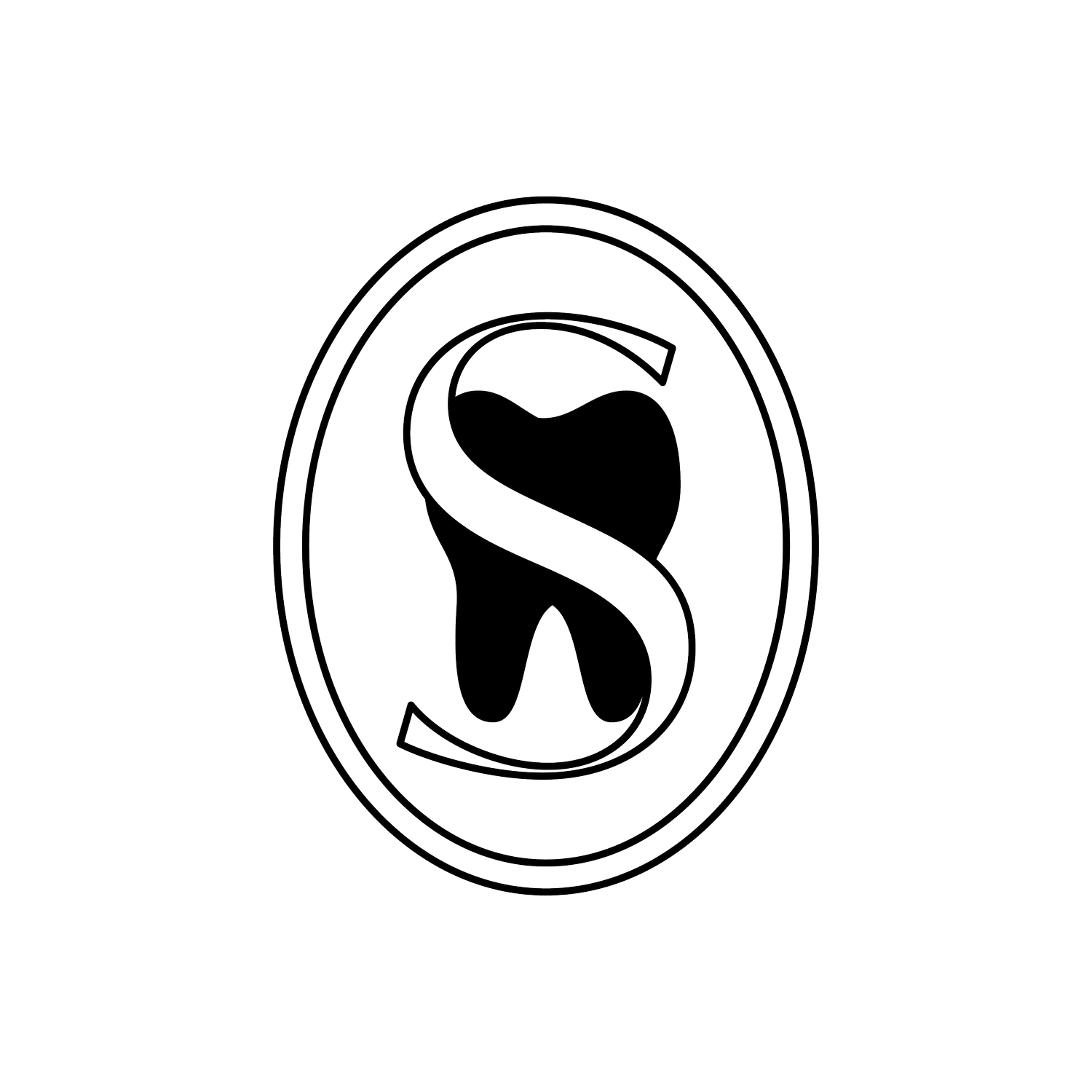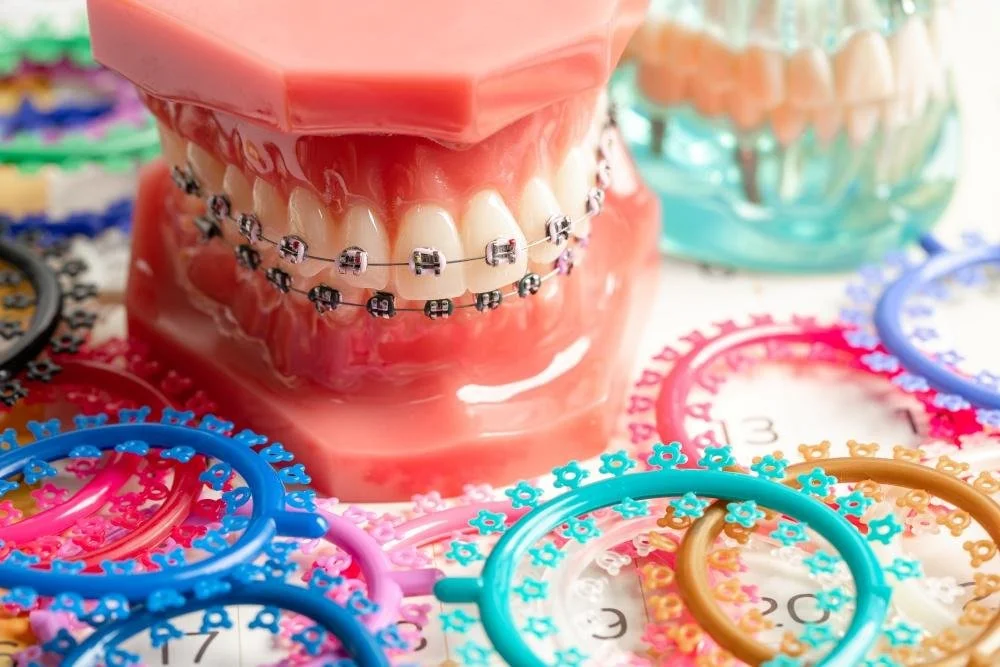What Should You Eat in the First Week of Braces?
If you’ve just had braces put on—or are preparing to—mealtimes may feel like a bit of a question mark. While the idea of straighter teeth is exciting, many people understandably wonder what changes they’ll need to make in their everyday routines, especially when it comes to food. Will you need to skip your go-to snacks? Is everything off-limits now?
In the first few days, it’s normal to experience some soreness and pressure as your mouth adjusts. Even gentle chewing can feel uncomfortable. This is when your food choices matter most—not only to avoid further irritation but also to prevent damaging your new brackets or wires. Some foods can get caught in hard-to-clean areas or even cause your braces to come loose, leading to delays in your treatment. As such, it is often recommended that for the first week, individuals stick to soft, easy-to-chew foods like porridge, mashed potatoes, smoothies, pasta, and scrambled eggs.
But that does not mean that you'll have to give up all your favourites forever. The good news is that with a few simple tweaks, you can still enjoy meals while protecting your braces from the start.
Recommended Foods for Your First Week with Braces
For the first week after getting braces, your focus should be on minimising irritation and avoiding damage to the brackets or wires. Soft foods play a key role here — they’re easier to chew, gentler on sensitive teeth, and less likely to get caught in your appliance.
Some options to consider:
Mashed potatoes: Require no chewing and can be paired with soft toppings like gravy.
Scrambled eggs: Gentle on sore teeth, easy to chew, and simple to prepare.
Soups: Stick to blended or broth-based soups without chunky ingredients.
Oatmeal: Soft and filling; avoid crunchy toppings like granola.
Pasta and rice: Ensure they’re cooked until soft; skip anything al dente.
Steamed vegetables: Only eat once fully softened to avoid putting stress on your bite.
Yoghurt and soft cheese: Smooth textures that won’t irritate brackets or gums.
Bananas and smoothies: Good fruit options that don’t require chewing.
Soft cakes or puddings: Occasionally acceptable, provided they’re not sticky or topped with nuts.
These foods reduce the need to chew aggressively, help avoid unnecessary pain, and lower the risk of breakages or food getting stuck in the braces — all of which support a smoother adjustment period.
Foods to Avoid Right After Getting Braces
So you know what to eat—but what about foods that aren’t ideal just yet?
Even if a food seems soft or familiar, some options can trigger more irritation in the days right after your braces are placed. After all, your teeth and gums are still adjusting to the new pressure, which means certain textures and ingredients can quickly make things worse.
Cold treats like ice cream might sound soothing, but they can intensify sensitivity. Thick breads and chewy meats demand more effort from already tender teeth. Spicy or citrus-heavy foods can also sting or aggravate inflamed gums.
These foods don’t need to be cut out entirely. But during the first few days, it’s best to skip anything that adds pressure, causes sharp discomfort, or lingers in your brackets.
Once your mouth settles—usually within a week—you can slowly bring some of these items back into your meals.
Long-Term Foods to Steer Clear of While Wearing Braces
Even after the initial soreness goes away, some foods will continue to be a problem for as long as your braces are on. These aren't just difficult to chew—they can actually damage the brackets and wires or get trapped in hard-to-clean spots, increasing your risk of complications.
Hard foods like popcorn, nuts, ice, and hard candies can break off brackets or bend wires if bitten into directly. Sticky foods—think caramel, toffee, or gummy sweets—are also best avoided as they cling to the brackets of your braces and are tough to clean off completely. Crunchy items like chips, pretzels, raw carrots, or whole apples require a strong bite that can place too much pressure on the brackets, unless they’re cut into small, manageable pieces or cooked until soft. Similarly, dense breads and tough pizza crust can put a strain on the braces and dislodge parts of the appliance.
It’s also worth keeping an eye on how often you eat sugary snacks or drinks. Since cleaning around brackets and wires takes more effort, cutting back on sugar helps prevent build-up around the teeth, which might lead to complications over time.
Keeping Your Mouth Healthy During the First Week
Adjusting to braces is more than just avoiding certain foods — it also means building strong hygiene habits right from the start. After each meal, especially if you’ve eaten soft or sticky foods, taking care of your braces helps prevent discomfort and keeps everything on track.
Here’s how to maintain good oral hygiene in your first week with braces:
Brush after every meal: Brush your teeth with a soft-bristle toothbrush and fluoride toothpaste to remove food stuck between brackets and wires.
Floss with the right tools: Regular floss might not cut it. Try orthodontic floss or threaders to reach between brackets more easily.
Use a fluoride mouthwash: A quick rinse strengthens enamel and supports areas that are harder to brush thoroughly.
Swish with plain water: If you can’t brush right away, rinsing with water can help dislodge bits of food that might otherwise stay trapped.
Consider a water flosser: It’s not essential, but it can be a convenient way to flush out debris from difficult areas.
Stick to your appointments: Your orthodontist will check on the fit and condition of your braces. Don’t skip these, and continue with regular dental scaling and polishing to support gum and tooth health.
If you’re getting braces in Singapore, working with Sincere Dental, a trusted Jurong dental clinic, means you’ll have the right guidance at every step — from tips on what to eat and avoid after braces to ongoing hygiene check-ins.
Have questions about managing your braces or due for a cleaning? Book your next visit with Sincere Dental to stay on top of both your orthodontic progress and your overall oral health.


